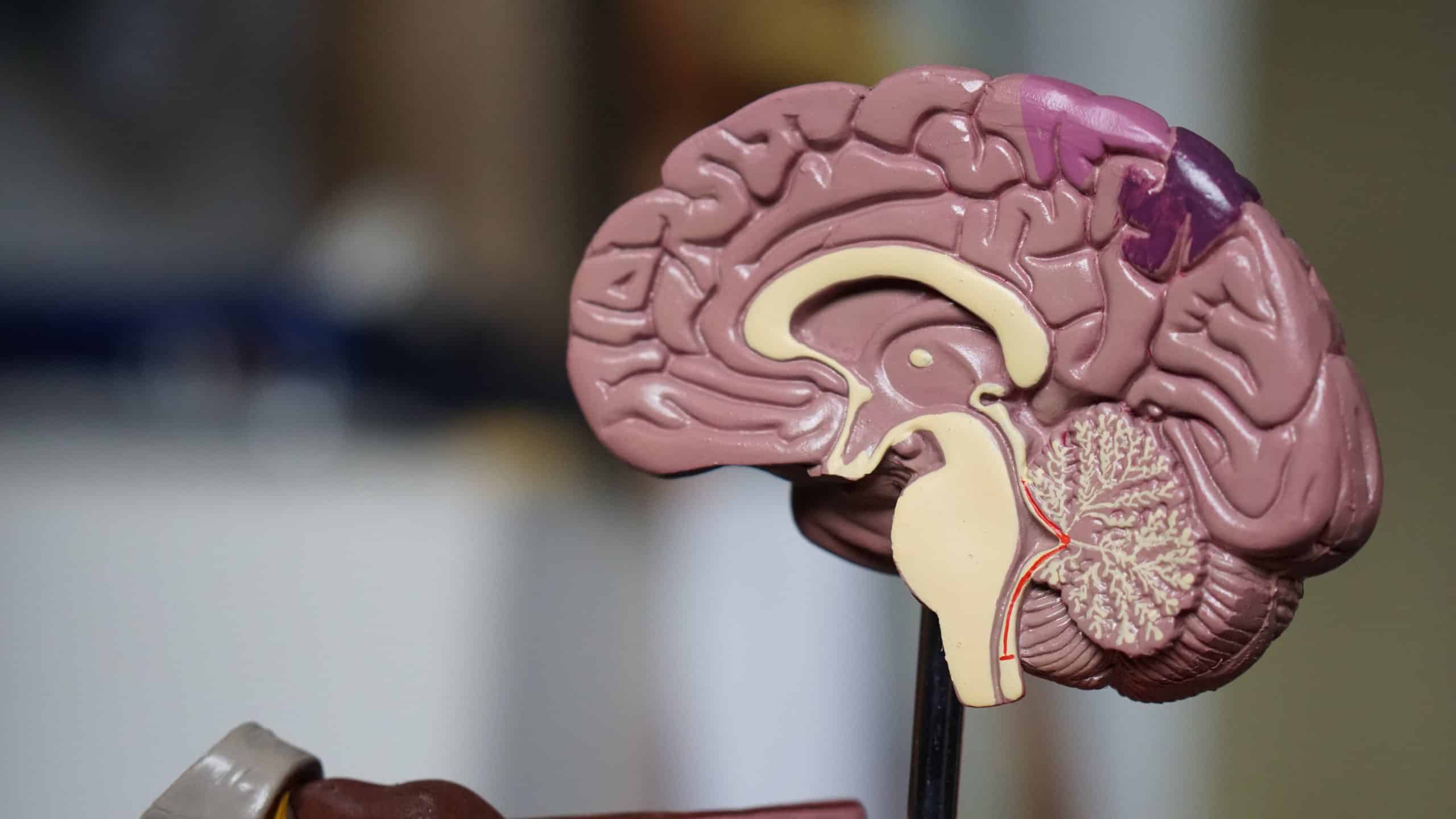Cocaine is a powerful and dangerous drug that can have serious consequences on a person’s physical and mental health. Short-term effects of cocaine use include constricted blood vessels, dilated pupils, and increased body temperature, heart rate, and blood pressure.
These effects can lead to an increased risk of heart attack, stroke, and seizure. Long-term effects of cocaine abuse can include paranoia, anxiety, and depression. Cocaine addiction can also lead to financial ruin as the user spends large amounts of money on the drug. Treatment for cocaine addiction typically includes detoxification, therapy, and 12-step programs.
Physical Effects
Cocaine is a powerful stimulant that has many short-term effects on the human body, including increased heart rate and blood pressure, dilated pupils, and increased body temperature.
These effects can lead to an increased risk of heart attack, stroke, and seizure.
Cocaine use can also lead to serious long-term effects on the user’s physical health. For example, chronic cocaine use can lead to damage to the liver, kidneys, and lungs. It can also cause problems with the gastrointestinal tract, resulting in ulcers or bowel tissue death.
In addition, pregnant women who use cocaine put themselves and their unborn child at risk for a number of problems, including low birth weight, placental abruption (when the placenta separates from the wall of the uterus), preterm labor, and Miscarriage.
Mental Effects
In addition to the physical effects of cocaine use, the drug also has a number of mental effects. For example, cocaine can cause paranoia, anxiety, and depression. It can also lead to hallucinations and delusions. In addition, cocaine addiction can lead to financial ruin as the user spends large amounts of money on the drug.
Can The Damage Be Reversed Or Treated?
The damage caused by cocaine use can be reversed or treated. For example, treatment for cocaine addiction typically includes detoxification, therapy, and 12-step programs. These treatments can help the user recover from the physical and mental effects of cocaine abuse.
In addition, there are a number of support groups available to help people recovering from cocaine addiction. These groups can provide support and guidance as the person recovering navigates the road to recovery.
Cocaine is a powerful and dangerous drug that can have serious consequences on a person’s physical and mental health. Short-term effects of cocaine use include constricted blood vessels, dilated pupils, and increased body temperature, heart rate, and blood pressure. These effects can lead to an increased risk of heart attack, stroke, and seizure. Long-term effects of cocaine abuse can include paranoia, anxiety, and depression. Cocaine addiction can also lead to financial ruin as the user spends large amounts of money on the drug. Treatment for cocaine addiction typically includes detoxification, therapy, and 12-step programs.
Treatment for Cocaine Addiction
Treatment for cocaine addiction typically includes detoxification, therapy, and 12-step programs.
Detoxification is the first step in treatment and typically takes place in an inpatient setting where the patient is closely monitored.
Therapy is the second step in treatment and helps the patient address the underlying causes of their addiction. 12-step programs are the third step in treatment and help the patient stay sober after they leave treatment.
Telemedicine
-based intensive outpatient programs (IOPs) are one of the most successful types of treatment for cocaine addiction. IOPs combine individual and group therapy with medication-assisted treatment (MAT), which has been shown to be effective in treating cocaine addiction.
Multiple Pathways Treatment is an evidence-based, comprehensive approach to treating substance use disorders that includes a variety of interventions and services.
The Intensive Outpatient Program is a one-of-a-kind outpatient drug & alcohol treatment at our center that offers a path to lasting, sustainable recovery. We offer a variety of evidence-based services, including individual and group therapy, medication-assisted treatment, and 12-step programming. Our caring and experienced staff are here to help you every step of the way.
Admissions
At Louisville Addiction Treatment Center, we understand that admitting you have a problem is the first step on the road to recovery. We offer a variety of admissions options to meet your needs, including an assessment, detoxification, and inpatient treatment. We accept most major insurance plans.
The admission process starts with a call to our admissions department. One of our admissions counselors will conduct a brief assessment to determine your level of care. If you or someone you love is struggling with cocaine addiction, there is help available. Please call a treatment specialist who can answer your questions and help you find a treatment program that’s right for you.

